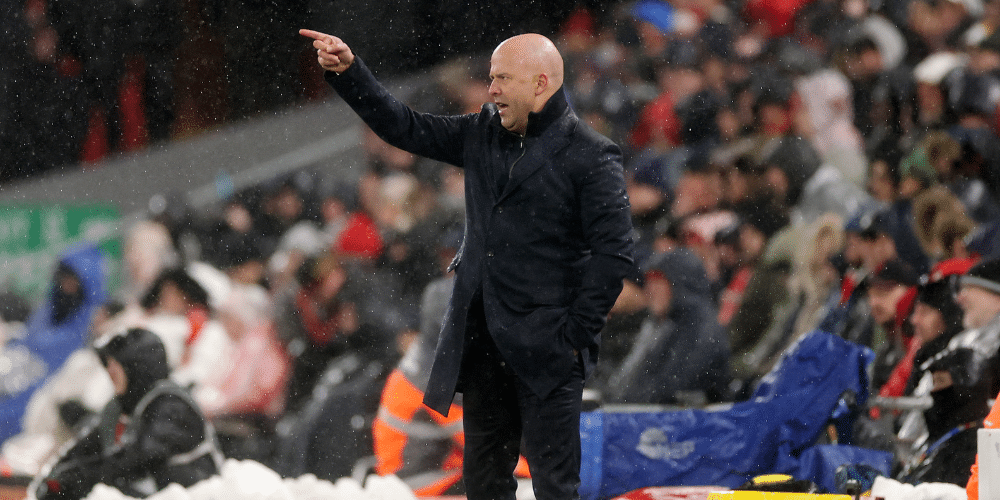Gambling is a business that has been around for centuries. The first recorded casino was in Venice, Italy, in 1638. But how do sportsbooks and other gambling establishments make money?
To understand how sportsbooks make money, you must first understand gambling basics. Gambling is essentially wagering on an event with an uncertain outcome. The Gambler makes a bet and receives a prize if they win. If they lose, they forfeit their original stake.
The key to making money from gambling is ensuring the odds are in your favor. It means that you need to be more likely to win than lose. For instance, let’s say you’re betting on a coin toss. If the odds are even (50/50), you have a 50% chance of winning and a 50% chance of losing. If the odds are in your favor (60/40), you have a 60% chance of winning and a 40% chance of losing.
Charging the Vigorish
There are a few different ways that gambling establishments can make money. The first is by charging a commission on each bet that is made. The sportsbook software is designed to take a small commission on each bet. For example, if you’re betting on a football game, the sportsbook may charge you a commission of $0.50 for every $100 you bet. This commission is known as the vigorish or vig. It goes to the sportsbook to cover their costs and make a profit.
Sportsbooks use probability to determine the chances that one team will beat another. This information is then used to create what’s called a point spread. The point spread is the number of points the bookmaker believes will separate the two teams in the final score.
For example, let’s say that the New England Patriots are playing the Denver Broncos, and the Patriots are favored to win by seven points. According to the bookmaker, it is a probability that the Patriots will win by more than seven points. Therefore, if you bet on the Patriots, you need them to win by eight or more points for your bet to pay off; if they only win by seven, you lose your bet. On the other hand, if you bet on the Broncos, you would need them to either win outright or lose by less than seven points.
As you can see, the point spread gives the bookmaker a built-in advantage; in this case, it’s called an “underdog bonus.” People tend to bet on their favorite to win, even if the odds are not theirs. As a result, when the favorite wins by more than the point spread, the sportsbook still makes money.
Having the Edge Over the Gambler
Another way gambling establishments make money is by offering games with odds that are not in favor of the Gambler. For instance, the casino has an edge when you play blackjack because they always win when there is a tie. It means they will make more money from blackjack over time than they will lose. The same is true for other games like roulette and slots. By offering these games, casinos can profit even though the odds are not in favor of the Gambler.
Managing Their Risk
Gambling establishments can also make money by managing their risk. For instance, when you bet on a football game, the sportsbook takes on a certain amount of risk. They could lose money if the team you bet on loses the game. Sportsbooks will hedge their bets by betting on multiple outcomes of the same event to manage this risk. This way, they can still profit even if one of their bets doesn’t pan out.
Of course, it’s not always this simple. Sportsbooks also have to pay taxes and fees to the leagues and governments, covering operational costs like salaries and rent. But it all comes down to managing risk and ensuring that more money comes in than goes out. And with some luck, that’s how sportsbooks make their money.



